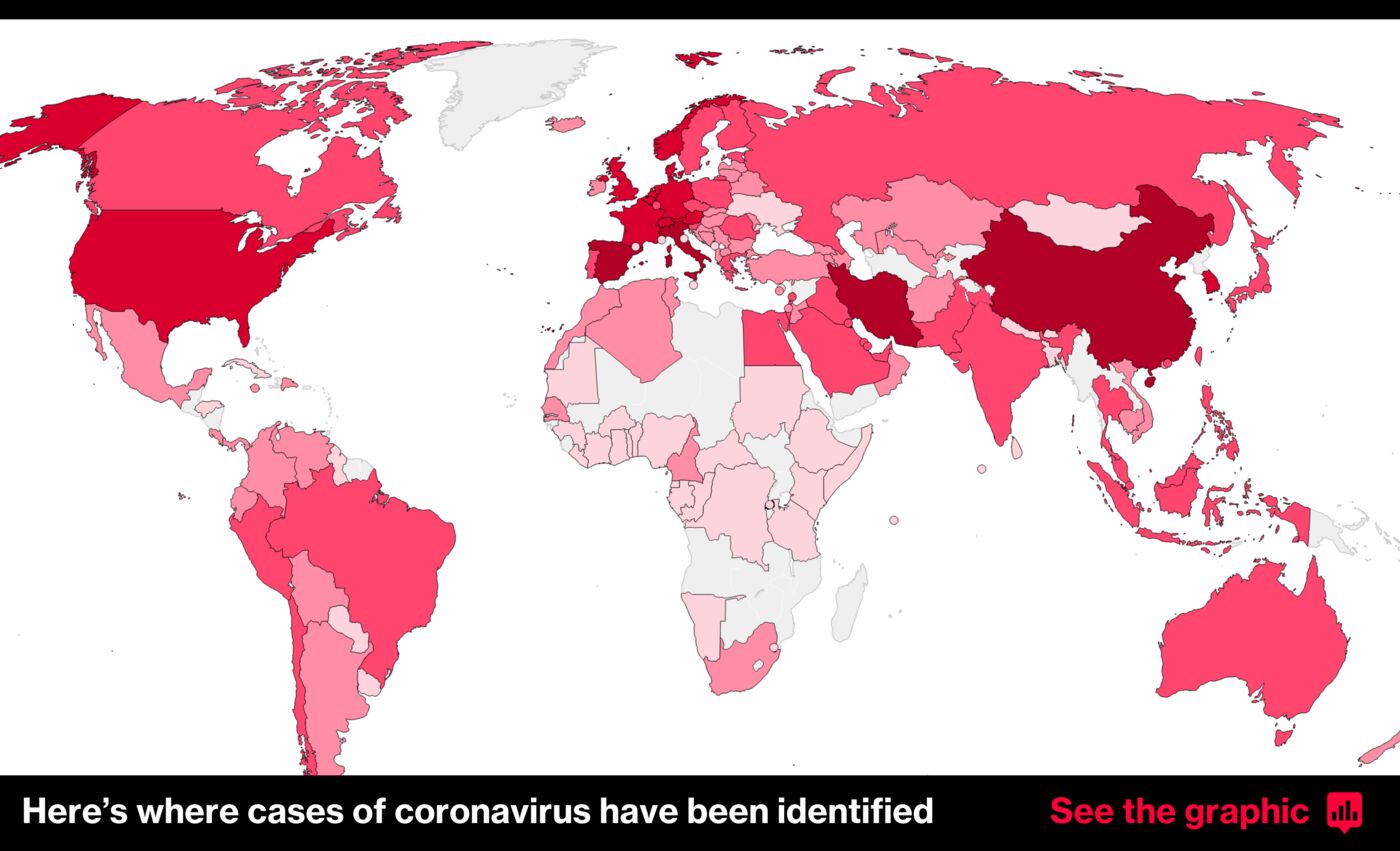On the same day Italy finally saw a dip in the number of deaths from the coronavirus, the U.K. was forced into a full lockdown with Europe still scrambling for new ways to mitigate the devastating social and economic impact of the pandemic. With markets on edge, the finance ministers and central bank governors from the Group of 20 nations held an emergency call, which left investors underwhelmed. Back in 2008, when the financial crisis took off, it was coordination among the G-20 countries that marked a turning point.
That’s proving elusive, for now, with President Donald Trump declaring the U.S. “was not built to be shut down.” Europe has become the virus epicenter, but even there it still looks like every leader is acting alone — lockdowns are happening at different times and enforced differently. The U.K., a laggard, is finally doing what the rest of the big European economies have already done: shutting down to stop the spread of a highly-infectious disease that is pushing healthcare systems to the limit.

While the approaches to containment haven’t been unified, leaders in the European Union are realizing that they’ll need innovative solutions to stop their economies from sinking, indeed a country like Italy already saddled with enormous debt will need rescuing. The gravity of the recession is something economists and policy makers are still coming to grips with.
